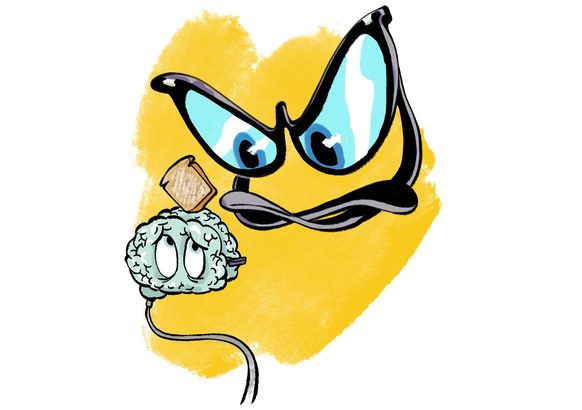
Breaking News
 Outrage Erupts as Released MS-13 Gang Member Kilmar Abrego Garcia...
Outrage Erupts as Released MS-13 Gang Member Kilmar Abrego Garcia...
 The backbone of U.S. capital markets just got the green light to move $100 trillion onchain
The backbone of U.S. capital markets just got the green light to move $100 trillion onchain
 SILVER IS ENTERING A "GENERATIONAL" SQUEEZE.
SILVER IS ENTERING A "GENERATIONAL" SQUEEZE.
Top Tech News
 EngineAI T800: Born to Disrupt! #EngineAI #robotics #newtechnology #newproduct
EngineAI T800: Born to Disrupt! #EngineAI #robotics #newtechnology #newproduct
 This Silicon Anode Breakthrough Could Mark A Turning Point For EV Batteries [Update]
This Silicon Anode Breakthrough Could Mark A Turning Point For EV Batteries [Update]
 Travel gadget promises to dry and iron your clothes – totally hands-free
Travel gadget promises to dry and iron your clothes – totally hands-free
 Perfect Aircrete, Kitchen Ingredients.
Perfect Aircrete, Kitchen Ingredients.
 Futuristic pixel-raising display lets you feel what's onscreen
Futuristic pixel-raising display lets you feel what's onscreen
 Cutting-Edge Facility Generates Pure Water and Hydrogen Fuel from Seawater for Mere Pennies
Cutting-Edge Facility Generates Pure Water and Hydrogen Fuel from Seawater for Mere Pennies
 This tiny dev board is packed with features for ambitious makers
This tiny dev board is packed with features for ambitious makers
 Scientists Discover Gel to Regrow Tooth Enamel
Scientists Discover Gel to Regrow Tooth Enamel
 Vitamin C and Dandelion Root Killing Cancer Cells -- as Former CDC Director Calls for COVID-19...
Vitamin C and Dandelion Root Killing Cancer Cells -- as Former CDC Director Calls for COVID-19...
 Galactic Brain: US firm plans space-based data centers, power grid to challenge China
Galactic Brain: US firm plans space-based data centers, power grid to challenge China
Why Artificial Intelligence Is Not Like Your Brain--Yet

Here's a fun drinking game: Every time someone compares AI to the human brain, take a shot. It'll dull the pain of such mindless metaphorizing—and serve as a reminder that you, an at-least-semiconscious being, have an actual brain that can make real decisions like "Drink!" in the first place. Contra the hype of marketers (as regurgitated by credulous journalists—for shame!), AI resembles the gray matter in your head about as much as a pull-string doll resembles a rocket scientist. There's a similarity in shape, ish: So-called neural networks are software programs inspired by neuroscience. But these systems have only a few million "neurons," which are really just nodes with some input/output connections.
That's puny compared to the 100 billion genuine neurons in your cranium. Read it and weep, Alexa! We're talking 100 trillion synapses. Or 200 trillion. (Of course, cognition is still pretty incognita itself—which means we're "modeling" AIs on something we barely even comprehend.) The truth is, tricks like beating people at Go or diagnosing melanomas owe more to brute-force computing power than to any higher sentience.

 This is not a bubble.
This is not a bubble.


